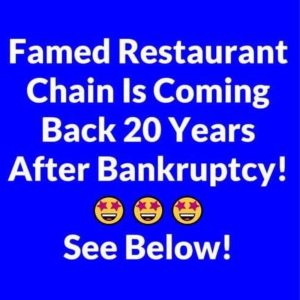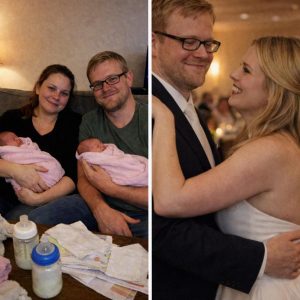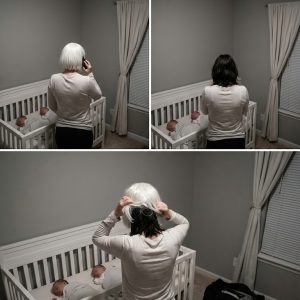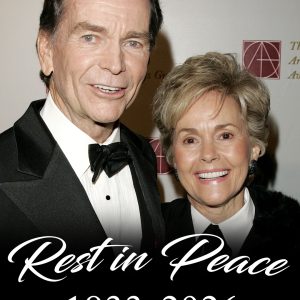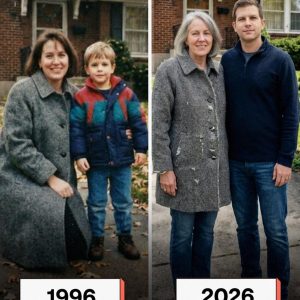The storm rolled in faster than anyone expected. By the time I pulled into the diner lot, the world was already a quiet, white blur. I wasn’t planning to open—who’d be out in this?—but then I saw eighteen-wheelers lined up, headlights cutting through the flurries, drivers huddled against the cold.
One knocked, frost in his beard, eyes tired from the road. “Ma’am, any chance we could get coffee? Roads are closed. We won’t make the next stop.”
I hesitated. Running the place alone is tough, and a dozen hungry drivers sounded overwhelming. But my grandmother’s voice came to me: when in doubt, feed people. So I flipped the lock and welcomed them inside.
They shook snow from boots and settled in. I brewed coffee, flipped pancakes, and laughter soon filled the diner. One driver called me “Angel in an apron.” I smiled, feeling warmth I hadn’t in years.
They chipped in—Roy washed dishes, Vince played guitar, and others helped fix leaks and shoveled paths. We made stew from scraps and ate together like a family rediscovering itself.
After three days, the snow eased. The drivers left the diner cleaner than before. Roy slipped me a note: a Food Network producer’s name and number. A week later, I was on TV sharing our story.
People started coming from towns I’d never heard of. A GoFundMe raised enough to fix the diner. The town awoke—shops stayed open longer, the mayor declared a Kindness Weekend.
Roy still calls. Vince visits with his daughter. The drivers became family.
When asked why I opened that door, I didn’t have a grand answer—just that I was tired of being alone, hoping to be needed again. Kindness showed up in a storm and changed everything.
